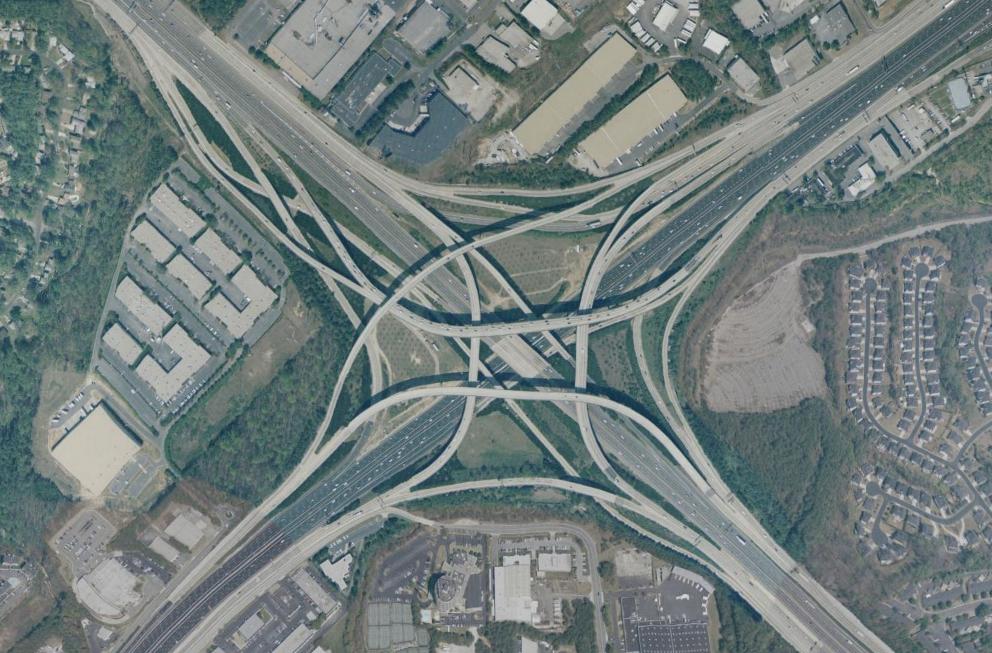For a while you may have been hearing the phrase “net neutrality” being bounced around. It’s an odd concept, but an important one. If you already understand the concepts, then you can skip a bit. Otherwise you might like a little explanation.

If we think of the Internet as a roadway, there is not really any such thing as a public highway system. All roads are privately owned and people pay tolls to drive on them. The infrastructure is such that they are all interconnected and there are agreements in place that let you access the various roadways once you’ve paid your toll… but none of it is really free.
Right now, you basically pay and can go anywhere you want. You can stream video, read documents, conduct business transactions. Outside of certain legalities, there are not restrictions on how you get to use your roadway. You pay your fee, you access the road. You go about your business.
However, the infrastructure owners are starting to notice trends. Consumers are doing a lot on the Internet. Traffic is getting congested. Infrastructure is getting clogged. Important commercial customers are potentially getting bogged down by Sunday drivers. It’s all moving in directions that were not anticipated. It’s becoming difficult to keep up with demands.
Building infrastructure is expensive. It eats into the bottom line. However, technology provides some other answers. Prioritize the traffic on your road based on who they are and what they pay. Traffic can be analyzed and people who are “lower class” customers can be put in the slow lane while the higher paying people are given a police escort.
On the face of it, there are some reasonable arguments, but the devil is always in the details. Who gets to decide who has the most important reason to be on the road? Is it the person streaming a live concert that is making millions of dollars in revenue or the doctor who is doing informal teaching to colleagues about a procedure he is developing? Is it the sanctioned, sponsored news, or the independent reporter?

Would you tolerate having to file a travel plan when you went somewhere and have your car searched to verify your truthfulness…then to have your travel restricted in various ways because of who you were and what you wanted to do?
There’s lots more on the subject all over the place. Wikipedia is as good a place to start as any to start finding resources.
The analogies wear down a bit, but the upshot is that net neutrality is about ensuring that the Internet superhighway is equally available to everyone without picking favorites. I should be able to buy a connection and do with it what I will, without any content prioritization. (Prioritization essentially amounts to user profiling, by tracking and categorizing what you do, and censorship, by making information deemed “low value” harder to access.)
The FCC are the ones who govern the communications enforcement in the networking space. They have laws about the communications devices and how they are used. Yesterday, Tom Wheeler, the chairman of the FCC, wrote a an opinion post for WIRED where he addressed net neutrality. It’s a good read and shows signs that his organization will address some of these issues. I see it as a good sign.
It is true that wealthy individuals and corporations will always have the biggest, fastest roadways on the Internet. They can just go buy it. (We could too if we pooled community resources together, but that’s a whole other issue.) The important thing is that everyone gets what they pay for and that the infrastructure doesn’t begin playing favorites with the information. I’m curious to see what happens next.